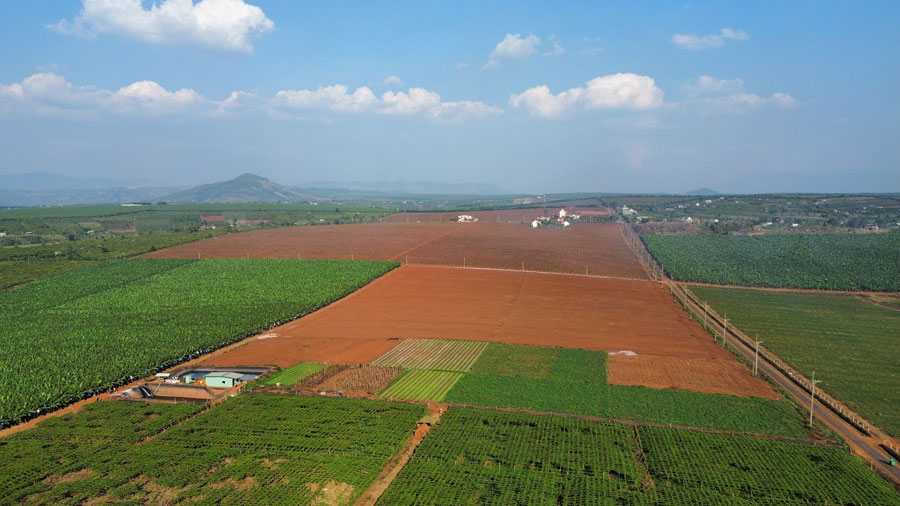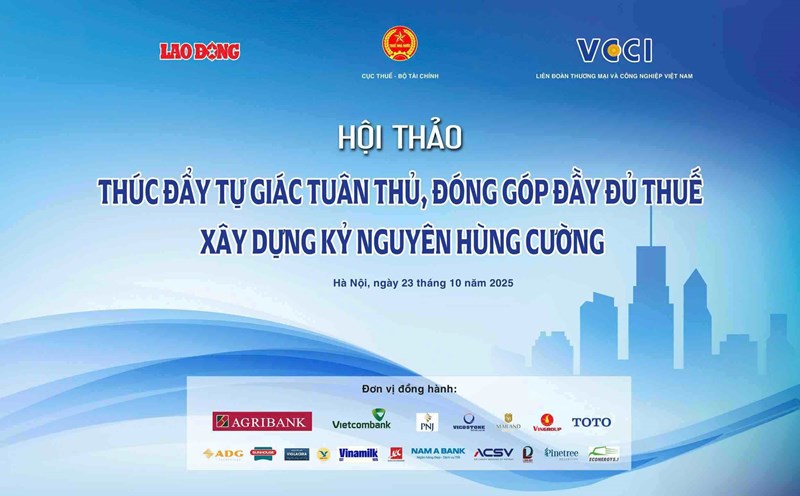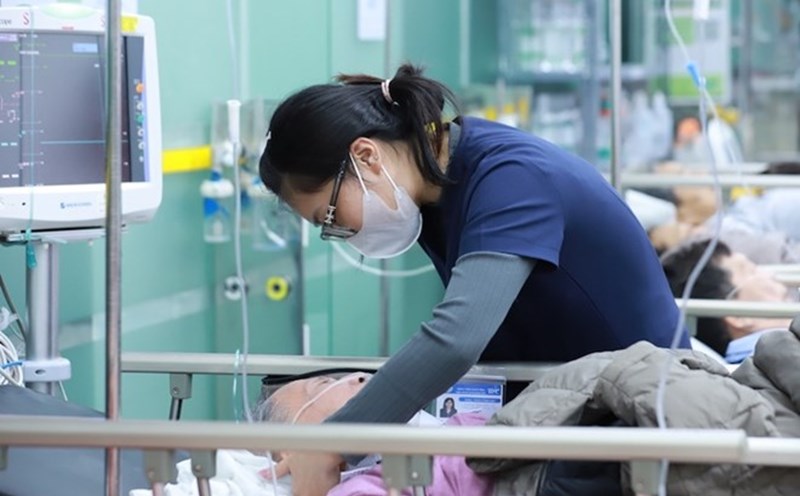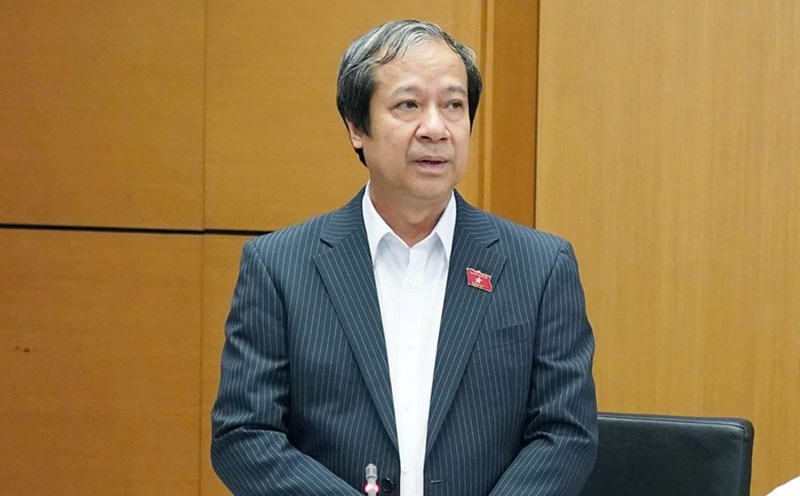On October 22, the People's Committee of Gia Lai province requested a number of communes and wards in the western area, near the border, to review the demand for production land of local people.
After that, the provincial Department of Agriculture and Environment will calculate and balance to advise the provincial People's Committee to arrange production land to create jobs and improve the lives of people in border areas.
Recently, Gia Lai province has reviewed and re-evaluated the current situation of converting 50,000 hectares of poor forests to rubber cultivation since 2008.
In particular, in addition to some areas of rubber trees that are developing normally, there are thousands of hectares of rubber land that are underdeveloped, with deposit horns, and do not bring socio-economic efficiency.
The Provincial People's Committee requests that for the area of rubber trees that grow and develop normally, they should continue to care for and exploit according to the approved project, not to convert.

The area of dead and underdeveloped rubber trees needs to be prepared with a detailed report, specifically for each project to convert the structure of crops, agriculture and forestry combined, in accordance with natural conditions.
For the land area expected to be allocated to local management to solve for poor households, near-poor households, and ethnic minorities lacking land for production, the land must be capable of agricultural cultivation.
The Department of Agriculture and Environment reviews the vacant land funds of the Protective Forest Management Boards near residential areas to balance and arrange for poor and near-poor households.
In recent years, the issue of converting underdeveloped rubber areas and converting natural forests to Ia Mo irrigation areas has always been of concern to the public and businesses in Gia Lai.
Because not only are they stuck in legal procedures and documents, but ineffective projects also cause waste of land resources, water resources, as well as affect the livelihoods of local people.
At the end of 2025, along with starting the construction of schools for 7 border communes according to the conclusion of the Politburo in Notice No. 81-TB/TW dated July 18, 2025, the planned granting of production land to people will create high consensus, contributing to improving the lives and ensuring border security.











